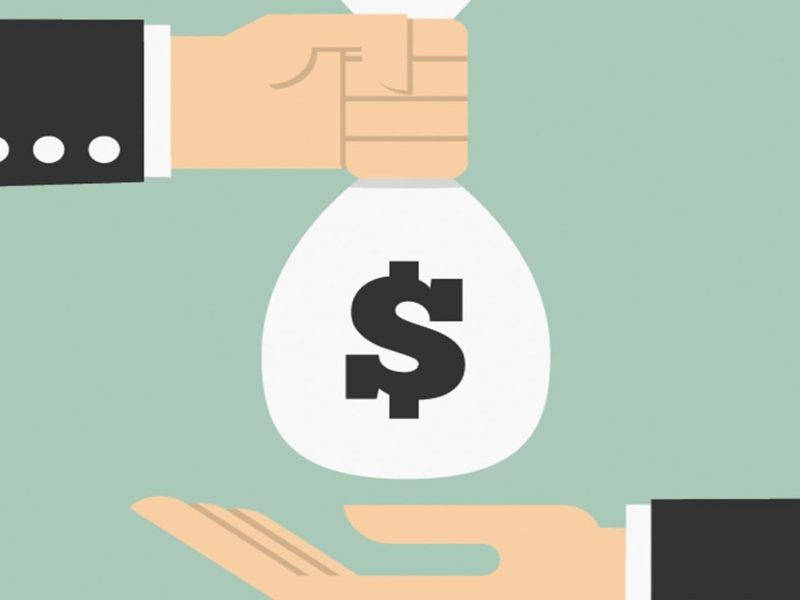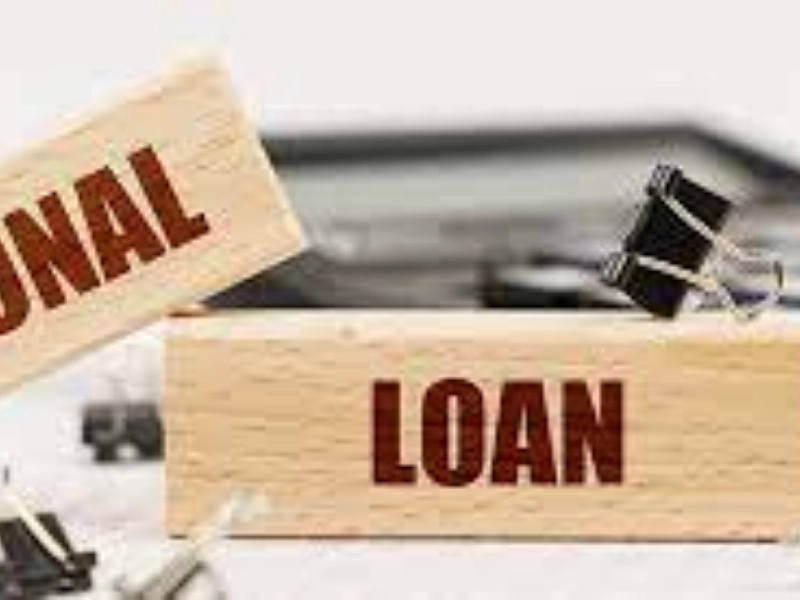Getting your dream car involves careful planning, which includes figuring out financing options that fit your goals and financial situation. Even though auto financing can seem like a confusing web of figures and jargon, you can make it work for you if you know what to look for. The majority of lenders like it when borrowers put money down. Making a sizable down payment could enable you to get better loan conditions, including a lower interest rate.

 The car you ultimately decide on will have a significant effect on your overall spending. Your expenses will also be greatly impacted by the conditions of your loan, whether you choose to buy or lease, and whether you want to purchase a new or used car.
Generally speaking, financial advisors advise allocating no more than 20% of your take-home income to car expenses. This covers petrol, maintenance, insurance, and car payments.
You can figure out how much you can afford to spend on a car by using an affordability calculator. You may compare prices for cars and lenders after you know how much you can afford. If you want to reduce your monthly payment, you can also think about possibilities like a shorter loan duration.
The car you ultimately decide on will have a significant effect on your overall spending. Your expenses will also be greatly impacted by the conditions of your loan, whether you choose to buy or lease, and whether you want to purchase a new or used car.
Generally speaking, financial advisors advise allocating no more than 20% of your take-home income to car expenses. This covers petrol, maintenance, insurance, and car payments.
You can figure out how much you can afford to spend on a car by using an affordability calculator. You may compare prices for cars and lenders after you know how much you can afford. If you want to reduce your monthly payment, you can also think about possibilities like a shorter loan duration.
 Preapproval for an auto loan might help you save money and time at the dealership. In addition, it makes it easier for you to shop around and compare loan rates—something that might be challenging in a busy financing office.
You should nevertheless be informed that getting your credit score lowered for auto loan preapproval usually necessitates a hard credit investigation. Furthermore, you have no need to use the whole amount for which you have been preapproved.
In addition to making you a more knowledgeable customer when you visit the dealership, a preapproved auto loan demonstrates your seriousness about your next acquisition. The dealer may be more motivated to work out a deal as a result.
Preapproval for an auto loan might help you save money and time at the dealership. In addition, it makes it easier for you to shop around and compare loan rates—something that might be challenging in a busy financing office.
You should nevertheless be informed that getting your credit score lowered for auto loan preapproval usually necessitates a hard credit investigation. Furthermore, you have no need to use the whole amount for which you have been preapproved.
In addition to making you a more knowledgeable customer when you visit the dealership, a preapproved auto loan demonstrates your seriousness about your next acquisition. The dealer may be more motivated to work out a deal as a result.
 Your ability to make a down payment will be taken into consideration by lenders, which may result in a reduced interest rate. You don't have to deplete all of your savings, though. To reduce the chance of going into default on a vehicle loan, you can apply with a co-signer and prequalify for loans without having an impact on your credit score.
A further strategy to lower your interest rates is to haggle over the loan duration and the cost of the car. The shortest loan durations are what you want to select because they usually have lower interest rates and will end up saving you money over time.
Your ability to make a down payment will be taken into consideration by lenders, which may result in a reduced interest rate. You don't have to deplete all of your savings, though. To reduce the chance of going into default on a vehicle loan, you can apply with a co-signer and prequalify for loans without having an impact on your credit score.
A further strategy to lower your interest rates is to haggle over the loan duration and the cost of the car. The shortest loan durations are what you want to select because they usually have lower interest rates and will end up saving you money over time.
 Make sure you comprehend the conditions of the loan once you've located a lender who is ready to extend one. For instance, several lenders mandate that you buy a car through a specific network of dealerships.
In addition, a lender's decision about your eligibility for a vehicle loan takes into account your income, debt-to-income ratio, and credit score. They also want to make sure that your entire auto payment, including insurance, doesn't come up to more than 10% of your pre-tax income.
To calculate how much you can afford to borrow, utilize an affordability calculator for cars. You can acquire the car you want without compromising other financial objectives or accruing excessive debt by keeping these suggestions in mind.
Make sure you comprehend the conditions of the loan once you've located a lender who is ready to extend one. For instance, several lenders mandate that you buy a car through a specific network of dealerships.
In addition, a lender's decision about your eligibility for a vehicle loan takes into account your income, debt-to-income ratio, and credit score. They also want to make sure that your entire auto payment, including insurance, doesn't come up to more than 10% of your pre-tax income.
To calculate how much you can afford to borrow, utilize an affordability calculator for cars. You can acquire the car you want without compromising other financial objectives or accruing excessive debt by keeping these suggestions in mind.
 One of the first financial decisions a couple must make is whether to buy a car. A successful strategy can establish enduring, beneficial connections with lenders.
Distinguish needs from wants when selecting a car to purchase. Think about your intended usage of the car, such as commuting or sightseeing. Next, be truthful about your spending plan, which should account for additional costs like maintenance, gas, and insurance.
Prior to visiting the dealership, obtaining preapprovals enables you to bargain for more favorable loan terms and rates. Your savings could total thousands or even hundreds of dollars. Additionally, you gain leverage with the dealer, lessening their need to prod you for add-ons.
One of the first financial decisions a couple must make is whether to buy a car. A successful strategy can establish enduring, beneficial connections with lenders.
Distinguish needs from wants when selecting a car to purchase. Think about your intended usage of the car, such as commuting or sightseeing. Next, be truthful about your spending plan, which should account for additional costs like maintenance, gas, and insurance.
Prior to visiting the dealership, obtaining preapprovals enables you to bargain for more favorable loan terms and rates. Your savings could total thousands or even hundreds of dollars. Additionally, you gain leverage with the dealer, lessening their need to prod you for add-ons.